News
-
 Chemistry
Chemistry19th century painters may have primed their canvases with beer-brewing leftovers
Several paintings from the Danish Golden Age contain remnants of brewer’s yeast, barley and other grains commonly used to brew beer.
-
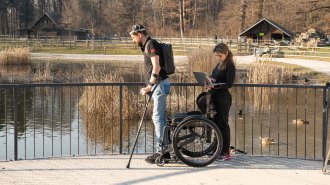 Neuroscience
NeuroscienceA brain implant helped a man with paralysis walk more naturally
A successful test of a system that restores communication between the brain and spine could ultimately help many people with paralysis.
By Simon Makin -
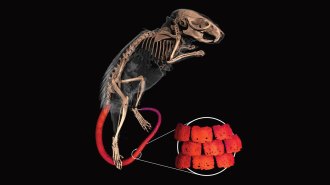 Life
LifeSpiny mice have armadillo-like armor in their tails
CT scans revealed the bony plates in the rodents’ tails. The hidden armor may protect against attacking predators or other spiny mice.
By Jake Buehler -
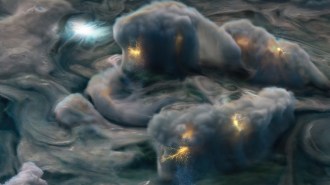 Planetary Science
Planetary ScienceJupiter’s lightning bolts contort the same way as Earth’s
Jovian lightning extends in jagged steps as it does on Earth, data from NASA’s Juno spacecraft suggest. The finding might aid the search for life.
By Nikk Ogasa -
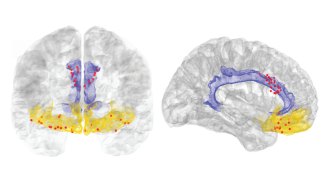 Neuroscience
NeuroscienceBrain implants have revealed a signature for chronic pain
Brain implants in four people with chronic pain gave researchers an inside look at the debilitating condition.
-
 Planetary Science
Planetary ScienceSaturn’s rings may be no more than 400 million years old
An analysis of data from NASA’s defunct Cassini probe suggests Saturn's rings materialized more than 100 million years after trilobites appeared on Earth.
By Nikk Ogasa -
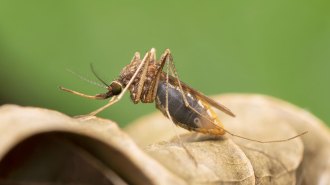 Life
LifeMicrowaving an insecticide restores its mosquito-killing power
Heated deltamethrin kills mosquitoes resistant to its usual form. Scientists are working to add the improved insecticide into bed nets.
-
 Humans
HumansRace car drivers tend to blink at the same places in each lap
Blinking is thought to occur randomly, but a new study tracking blinks in racing drivers shows it can be predictable — and strategic.
-
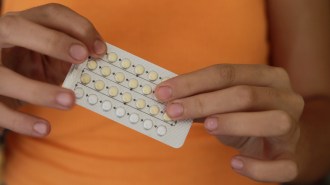 Health & Medicine
Health & MedicineHow over-the-counter birth control pills could improve reproductive health
The switch to over-the-counter access for a birth control pill will circumvent certain barriers and help improve reproductive autonomy.
-
 Environment
EnvironmentMore than half of the world’s largest lakes are drying up
Satellite data from 1992 to 2020 reveal that 53 percent of the world’s largest freshwater bodies shrank during that period while only 24 percent grew.
By Nikk Ogasa -
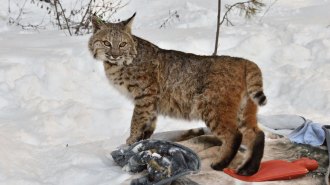 Life
LifeLarge predators push coyotes and bobcats near people and to their demise
Coyotes and bobcats hide near people when wolves, cougars and other large predators are close-by, putting the smaller carnivores at a higher risk of dying at human hands.
By Freda Kreier -
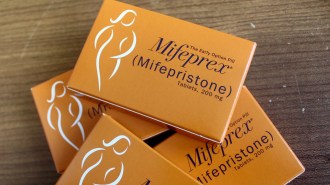 Health & Medicine
Health & MedicineAs U.S. courts weigh in on mifepristone, here’s the abortion pill’s safety record
Decades of data, including data collected during the coronavirus pandemic, support mifepristone’s safety. The drug’s fate in the United States may now be determined by judicial review.
By Meghan Rosen